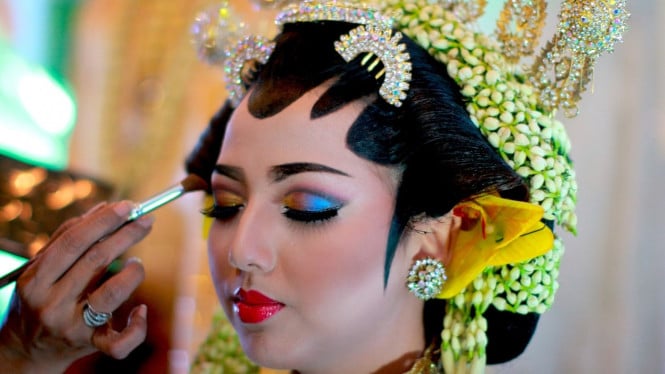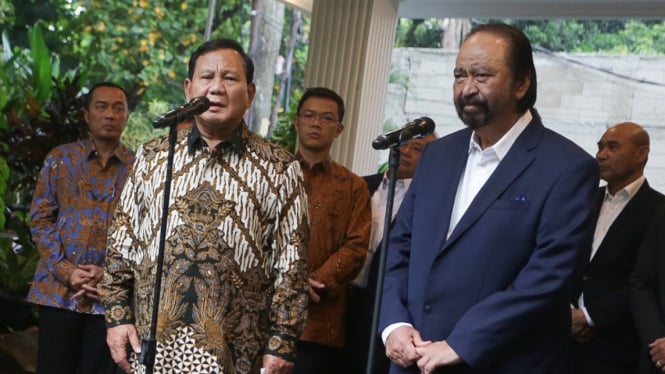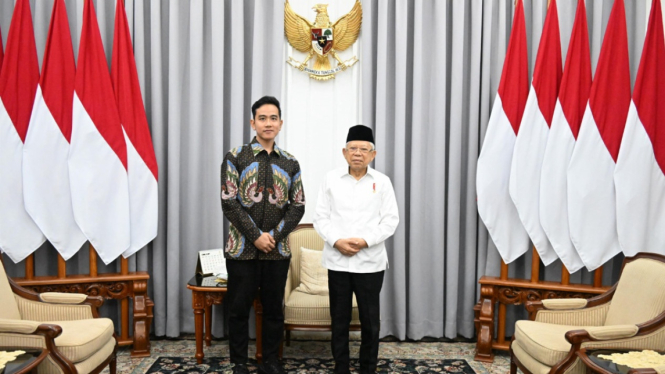- Pixabay/ Endho
VIVA – Indonesia has many tribes that are diverse in culture and customs. Customs and beliefs are the ancestral heritage that must be preserved and until now, customs have a great influence on various aspects of life. For example, for the people of Java, marriage is not only about the excitement of the wedding party.
There are many things to consider when getting married according to Javanese customs. Determining the exact date, day, and others are carefully considered. So, the wedding ceremony can run well, but it must also be in harmony with the household.
Well, here are some myths about the prohibition of Javanese traditional marriages.
1. Prohibition of Marriage Between First and Third Children (Siji Karo Telu)
Pernikahan adat Jawa.
- U-Report
One of these prohibitions is familiar to Javanese society. Prohibition of marriage between the first and third children or commonly called jillu (siji karo telu).
The myth is that if the first and third children marry, the household will have difficulty getting along and often get into trouble. According to traditional Javanese myths, the differences in character are usually quite far between the first and third children, so it can make marriage feel difficult.
2. Prohibition Marriage of Both Couples are First Child
Pakaian adat Jawa.
- U-Report
It turns out that not only the marriage of the first child and the third child is recommended not to be carried out, but there is also a prohibition on the marriage of the first child and the first child. This prohibition is believed to make the marriage unhappy and can cause danger.
3. Prohibition of Holding Weddings in the Month of Suro or Muharram
Sesajian yang dipersembahkan di labuhan malam satu suro.
- U-Report
Another Javanese wedding ban myth is to avoid the month of Suro or Muharram when you want to get married. This month is avoided because it is believed to be a holy month.
Myth said that this month Nyai Roro Kidul was celebrated so people were forbidden to hold wedding party for avoiding bad luck.
4. Prohibition of Marrying a Couple whose Houses are Close Together
The prohibition of marrying a partner whose house is close together is also prohibited according to Javanese custom. This needs to be considered further because this marriage will experience shortages and be unhappy.
5. Calculation of Weton Matches
Ilustrasi jodoh.
- U-Report
In Javanese custom, weton calculation is one way to determine the compatibility of a pair. Weton calculation can be seen from the day, year, and date of birth of each partner. If the weton match, then the marriage will feel harmony. Vice versa.



























